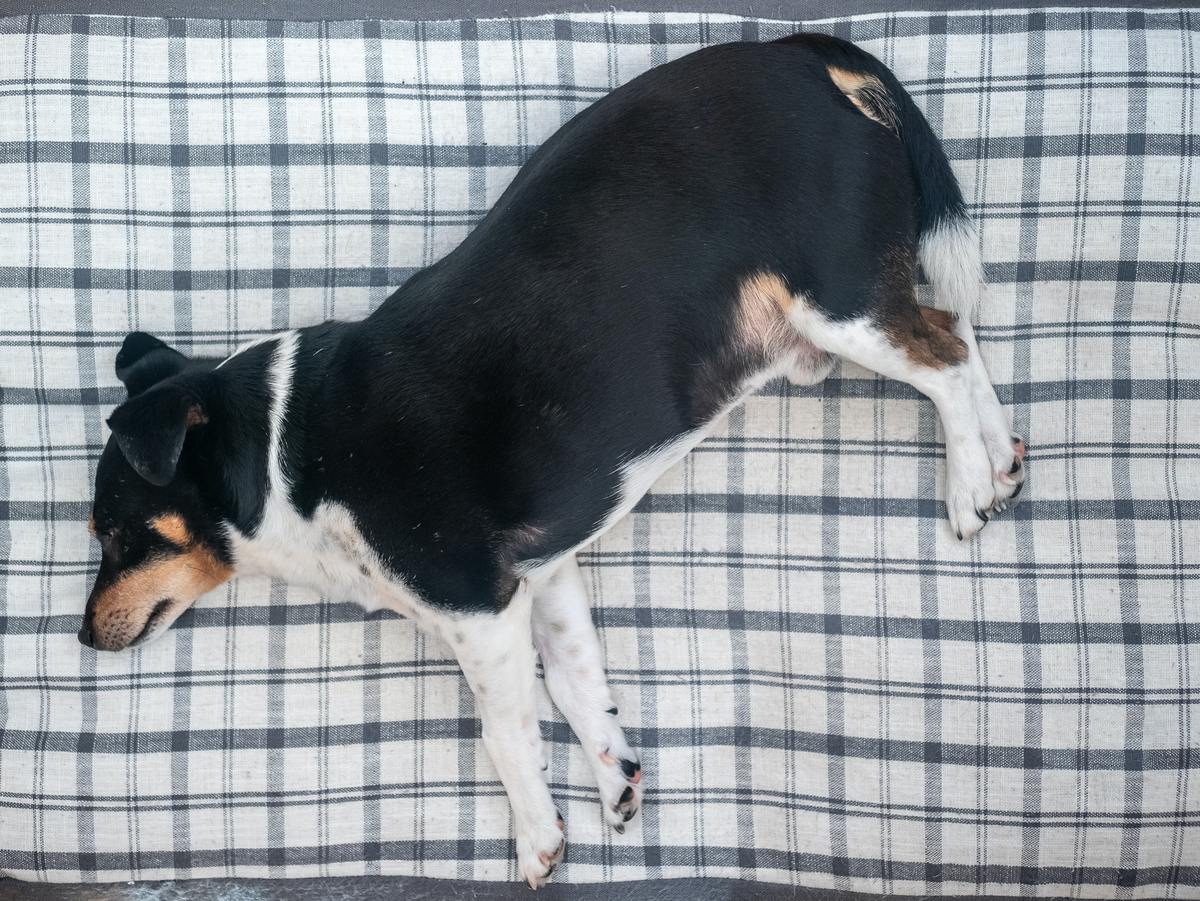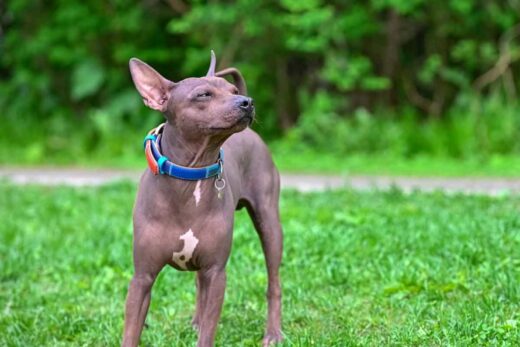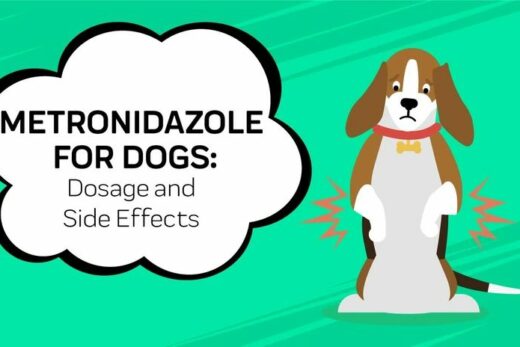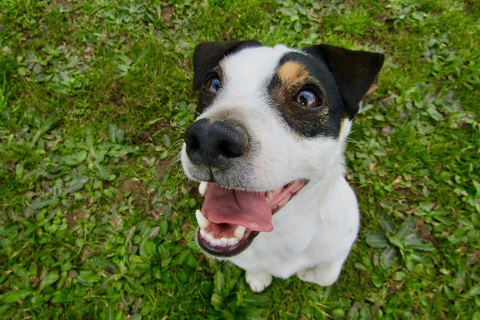
Obesity in dogs is at an epidemic level, just like it is for their pet parent counterparts. Some pups become more obese because of health problems, like painful joints, causing exercise to be a challenge. Then, add on staying home more, which can lead to a more sedentary lifestyle for both humans and our furry friends!
Obesity in pets can cause additional health problems like irregular blood pressure, diabetes, liver problems, pancreatic issues and exacerbate joint problems.
The best way to determine if your dog is tipping the scale in the wrong direction is to have your pet evaluated by a veterinarian. They will compare key components of a body condition scoring chart to determine if your pet is carrying a few extra pounds. Body condition scoring is based on looking at your pet’s outline from above and the side. Want to give it a try from home yourself? Chat up a licensed veterinarian at AskVet for a step-by-step guide on how to do it.
When considering weight loss in dogs, it’s important to remember that one pound on a medium pooch is equal to ten pounds on a human. So be patient when trying to get your pet to lose weight; just remember how hard it is to shed TEN lbs. yourself. Weight loss in dogs is very similar to humans –eat less and exercise more. You can even join in the weight loss challenge yourself and make it a furry family affair!
Food: Most dogs can maintain their weight with moderate exercise daily, a decrease in high-calorie treats and a slight reduction in the daily ration of pet food (no more than a ¼ cup reduction at a time). Feeding your pet a healthy diet, with probiotics, like Jinx, is a great start.





